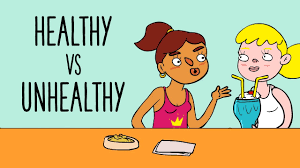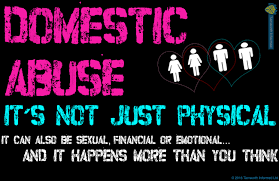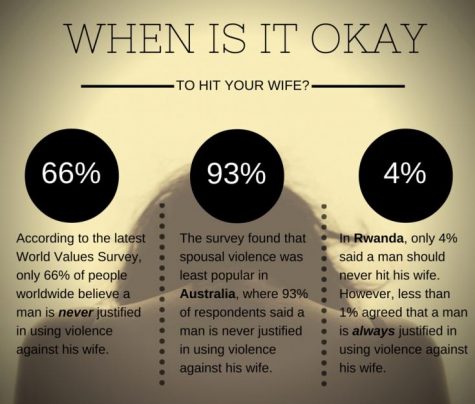Healthy vs Unhealthy Relationships
How to tell if your “perfect” relationship isn’t so perfect

March 28, 2018
Being in relationships is fun and exciting, but do we really know how to identify if something is fundamentally wrong with it? In my last article, it was proven that when we fall in love we idolize our partners and we don’t believe and are blind to the idea that they would do anything wrong. So how do we tell if our relationship is unhealthy?
Domestic abuse often starts out as threats and verbal abuse to the partner becoming violent. While physical injury is the most obvious danger, there are also consequences of emotional and psychological abuse. When a victim succumbs to emotional assault it can cause them to lose self-worth, leading to anxiety and depression, and make the victim feel helpless and alone.
Warning Signs:
- Your partner checking your cell phone, emails, or social networking without permission.
- Your partner becoming extremely jealous of anyone you spend time with.
- Your partner is constantly belittling you.
- Your partner has an explosive temper.
- Your partner will try to isolate you from your family and friends.
- Your partner makes false accusations towards you.
- Your partner has constant mood swings towards you.
- Your partner is inflicting physical pain towards you.
- Your partner is repeatedly pressuring you to have sex.
How to Get Out
Your first step is getting help. If you see one of these warning signs but aren’t sure if the relationship is abusive and want to talk to someone, try the following resource.
In the US: National Domestic Violence Hotline 1-800-799-7233(SAFE)
Men in the US can contact: The Domestic Abuse Helpline for Men and Women
Your second step is recognizing abuse. Abuse can take many forms that are sometimes difficult to detect and common for victims to justify.
- Physical abuse means hitting, pushing, or any other form of physical assault on your person.
- Emotional abuse can include humiliation, belittling, controlling behavior, threats, intimidation, and degradation.
- Financial abuse occurs when an abuser takes complete control over you by rigidly controlling your finances to the point that you lose personal freedom.
- Sexual abuse is when you’re forced into unwanted sex. Even if you’ve consented to sex before doesn’t mean you’ve consented to sex at all times.

Do not make excuses for abusive behavior. It is very common for abusers to lead victims to believe that the abuse is the victims’ fault. Someone acting aggressive, violent, or manipulative towards you is never your fault.
Document the abuse. If you’re able to take your abuser to court, hard evidence is much more effective in getting a restraining order against the attacker.

What’s Dating Abuse and Who’s Doing It?
“About 9% of teens are the victim of physical violence from a dating partner each year, according to the CDC. But much of the abuse that goes on between teens may not be physical,” says Elizabeth Miller, MD, Ph.D., a doctor at the University of Pittsburgh who focuses on teen dating violence.
Research conducted by Jennifer Gómez, who is studying to become a psychologist, shows that people of both genders think it’s okay for girls to hit guys, which isn’t the case. Whether you’re a girl or a guy, you could be the victim of domestic abuse.
Curious to find out what happens to your brain when you fall in love? Check out my last article!
So What Does a Healthy Relationship Look Like? 
Characteristics:
- Respect for privacy and space.
- Your partner encourages you to spend time with friends without them and to participate in activities that you enjoy.
- You feel comfortable expressing your opinions and concerns to your partner.
- You feel physically safe and your partner doesn’t force you into sex or other activities that make you uncomfortable.
- Your partner respects your wishes and feelings and you can compromise and negotiate when there are disagreements or conflicts.
The foundation of a healthy relationship:
- You and your partner are able to work out boundaries so you both can feel comfortable.
- You and your partner can share your feelings, even if you don’t agree, in a way that makes sure the other person feels secure and heard, and not judged.
- Building trust can take time and allows couples to be vulnerable with one another knowing that they can rely on the other person.
- Giving consent means that you are okay with what is happening and that no one is forcing you or guilting you into doing something that makes you uncomfortable.
Keep in mind, abuse is about power and control and someone who is abusive will not give up their power and control over you.

